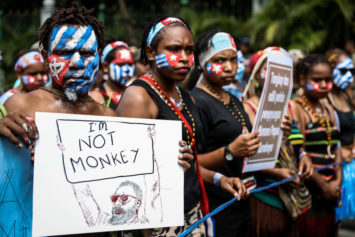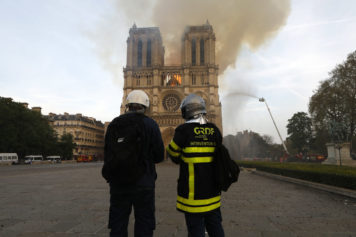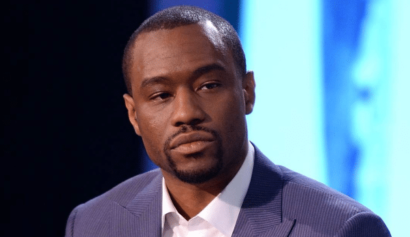International troops continue to arrive in Mali, but U.N. officials believe that the key to long-term peace is the preservation of human rights on both sides of the conflict. A large portion of the Islamic extremists who rebelled against the government are Tuaregs who feel misrepresented by the Malian government. If the large ethnic group remains marginalized, it could lead to further violence and retaliation.
“As the situation evolves, attacks and reprisals risk driving Mali into a catastrophic spiral of violence,” United Nations High Commissioner for Human Rights Navi Pillay told the Security Council. “Protection of human rights is key to stabilizing the situation.”
Malian troops have been accused of killing civilians under the assumption that they were rebel sympathizers. Additionally, Tuaregs and Arabs in the recently re-captured areas of northern Mali have been the target of retaliatory attacks from other Malians. The U.N. reported that 150,000 citizens are attempting to leave the country as a result of the violence.
AQAP, al-Qaida’s Yemen-based affiliate, called the foreign intervention in Mali a “crusader campaign” against Islam, and has attempted to rally the country’s Muslim majority against the Western forces. The organization called upon citizens to join them in a holy war for Mali.
“Supporting the Muslims in Mali is a duty for every capable Muslim with life and money, everyone according to their ability,” AQAP announced in a statement.
The International Support Mission to Mali is African-led, and will place thousands of West African soldiers from neighboring countries in Mali before the end of the month. French officials have stated that they will withdraw their troops once the extremist threat has been neutralized, but analysts fear that the Malian army may not be able to maintain national security.
Developing factions within the Malian army have led to additional unrest, with opposing Red and Green Beret units exchanging gunfire last week in the country’s capital, Bamako. Former President Amadou Toumani Toure was the target of a military coup last year, and an interim government has been operation since August. Even with northern Mali back under its control, true unification will take time.
“Right now, Mali needs a united army,” senior Malian official Mahamane Cisse told the news service IPS. “We have to focus on the country’s total liberation. Once that is achieved, the army can work out its differences.”


